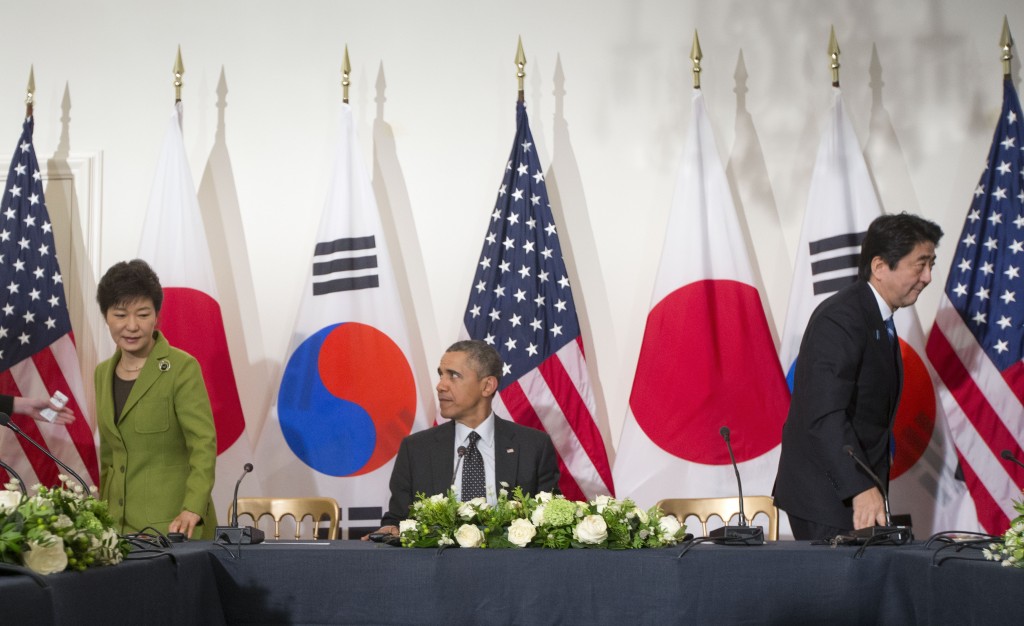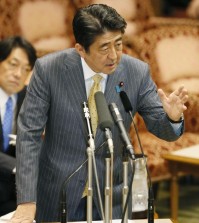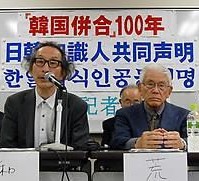- California Assembly OKs highest minimum wage in nation
- S. Korea unveils first graphic cigarette warnings
- US joins with South Korea, Japan in bid to deter North Korea
- LPGA golfer Chun In-gee finally back in action
- S. Korea won’t be top seed in final World Cup qualification round
- US men’s soccer misses 2nd straight Olympics
- US back on track in qualifying with 4-0 win over Guatemala
- High-intensity workout injuries spawn cottage industry
- CDC expands range of Zika mosquitoes into parts of Northeast
- Who knew? ‘The Walking Dead’ is helping families connect
U.S. praises Japan over North Korea negotiations

President Barack Obama watches as South Korean President Park Geun-hye, left, and Japanese Prime Minister Shinzo Abe, leave their seats at the opposite ends of the table, Tuesday, March 25, 2014, during the start of their trilateral meeting at the US Ambassador’s Residence in the Hague, Netherlands. (AP Photo/Pablo Martinez Monsivais)
(Yonhap) — The United States said Thursday it believes Japan is handling bilateral negotiations with North Korea in a “transparent manner,” after Tokyo announced its decision to lift some of its sanctions on the communist nation.
Japanese Prime Minister Shinzo Abe announced the decision Thursday in exchange for Pyongyang’s promise to reinvestigate the issue of Japanese nationals abducted by the communist nation decades ago. The move represented a setback to U.S.-led efforts to pressure Pyongyang to give up its nuclear program.
But the U.S. did not criticize Japan directly.
“We closely coordinate with our allies and partners, including Japan, to counter the threat to global security posed by the DPRK’s nuclear and ballistic missile programs. At the same time, we empathize with the families of the abductees and understand Japan’s efforts to resolve this humanitarian issue,” State Department spokeswoman Jen Psaki said in a statement.
“The Japanese government is pursuing the resolution of this issue in a transparent manner that takes into account both the interests of the families of the abductees and the national security interests of Japan and its diplomatic partners in the denuclearization effort,” she said.
Tokyo announced the decision to lift sanctions two days after it adopted a new interpretation of its constitution to exercise the right to collective self-defense, a move that empowers Japan to fight alongside an ally even if the country itself is not attacked.
Critics have denounced Japan’s move as a precursor to ultimately amending the country’s pacifist constitution. Seoul and Beijing view the move warily as it calls to mind Japan’s past militarism amid concerns that the power could be misused.
But the U.S. hailed the decision, saying it would make the alliance with Japan “even more effective.” Analysts say Washington welcomes the Japanese decision because it would be helpful in keeping an increasingly assertive China in check.















